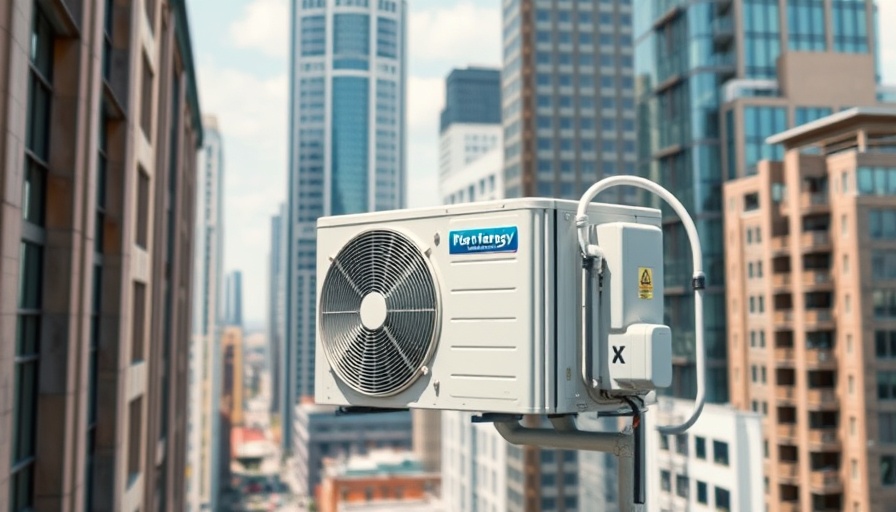
The Urgency for a New Trade Agenda in Climate Resilience
As the threats posed by climate change grow ever more formidable, a recalibration of international trade practices becomes essential. Developing nations, integral to achieving substantial climate action, require more than good intentions; they need access to international markets that empower their transition to low-carbon economies. However, current trade regulations, like the European Union's Carbon Border Adjustment Mechanism (CBAM), are creating barriers that may ultimately undermine these efforts.
Trade Mechanisms That Impede Growth
Geopolitical dynamics often dictate trade agreements that prioritize the needs and security of major powers above the interests of developing countries. The consequences of such a securitized trade approach are far-reaching. For instance, research has highlighted that CBAM could cost African countries up to $25 billion annually. This not only represents a significant economic loss but also reflects a missed opportunity for growth and development that aligns with sustainable practices.
Furthermore, the engagement of developing nations in international trade should ideally facilitate the acquisition of green technologies and promote equitable investments. Yet, protectionist measures present formidable challenges and restrict their ability to innovate and adapt to new realities. These inconsistencies in policy threaten to exacerbate existing power imbalances that persist in the global trading system.
Climate Action and Fair Play
The essence of a just energy transition is ingrained in equitable development. The 2015 Paris Climate Agreement initiated a critical dialogue about climate action; nevertheless, adherence to its principles is questioned when trade policies diverge from the goal of enhancing global cooperation. Developing nations often find themselves on the losing end of various international agreements that fail to consider their unique challenges and contributions.
Take the upcoming International Maritime Organization's carbon emission tax, set for implementation in 2028, as an alarming example of insufficient support for developing economies. While its intention is to mitigate carbon emissions, it lacks the robustness and collaboration necessary to truly benefit those nations striving for sustainable development.
The Role of Investment Dispute Settlements
Another significant hurdle for developing nations is the presence of investor-state dispute settlement (ISDS) mechanisms. Typically embedded in international investment treaties, these provisions often undermine governments' capabilities to enact policies that prioritize public welfare or green initiatives. As countries struggle to align economic growth with environmentally responsible practices, such constraints can hinder meaningful climate action.
Creating Sustainable Trade Practices
Shifting toward sustainable trade requires innovative thinking and collaborative strategies that prioritize fairness. For a truly climate-resilient development model, equitable opportunities must underpin international policies. This suggests that a sustainable agenda must encompass all facets of climate action—from investment in renewable energy technologies to fair trade practices fostering circular economies.
It’s time for stakeholders across the globe, including those in the Bay Area tech hub, to engage in meaningful discussions about the future of trade. Industries must consider how their practices contribute to the ecological footprint and how they can pivot towards more sustainable models. By prioritizing sustainable living, eco-friendly products, and renewable energy, businesses can align their goals with those of developing countries striving for a better future.
Transformative Changes in Trade Policies
Ultimately, a new trade agenda that embraces climate resilience must be embraced by global leaders. As consumers, policymakers, and businesses, we can advocate for practices that balance economic growth with environmental responsibility. Embracing sustainable agriculture, green building designs, and ethical sourcing can create a ripple effect that fosters a harmonious relationship between economic prosperity and ecological integrity.
In conclusion, the pursuit of a climate-resilient future cannot thrive in isolation. Every actor in the global supply chain has a stake in ensuring equitable access, innovative technology, and fair trade practices. Together, we can break down barriers and cultivate a sustainable future.
 Add Row
Add Row  Add
Add 



Write A Comment